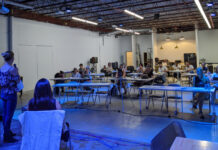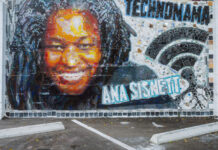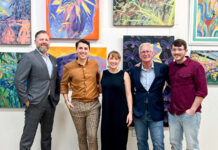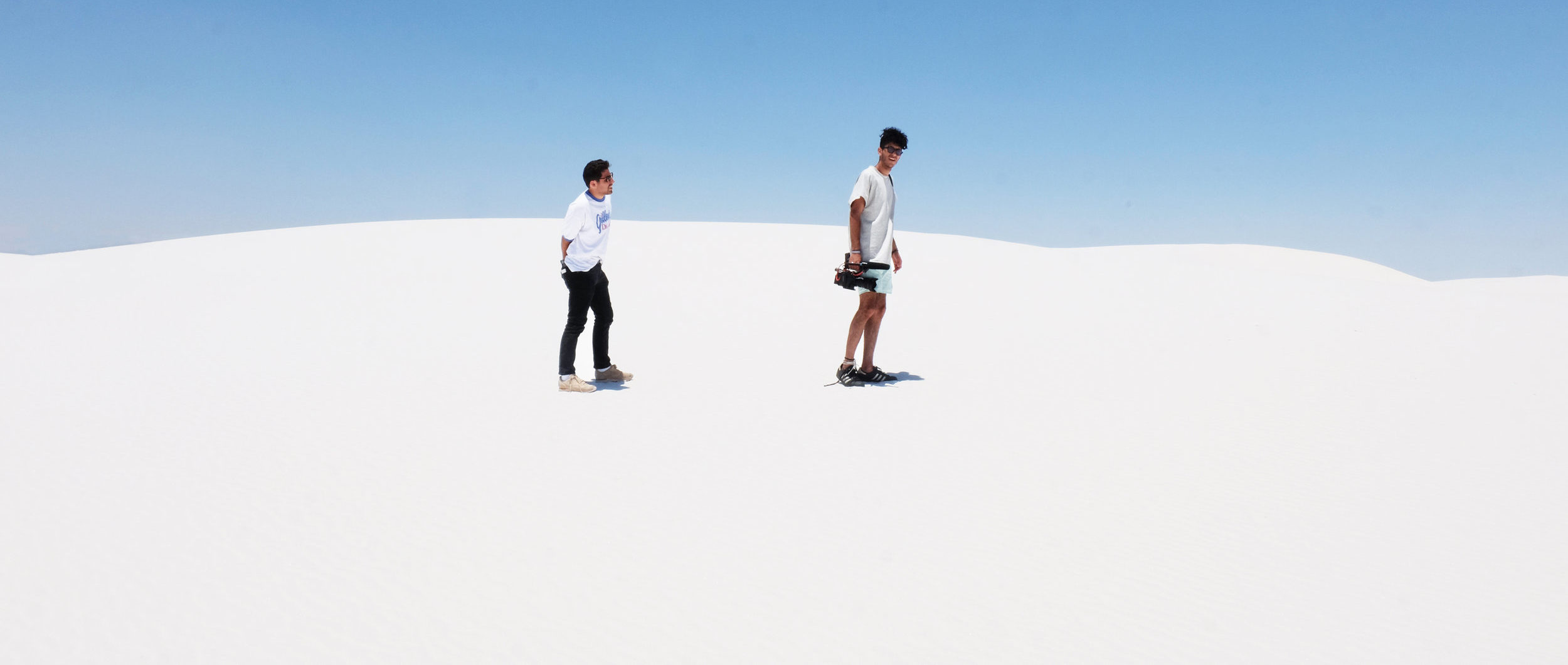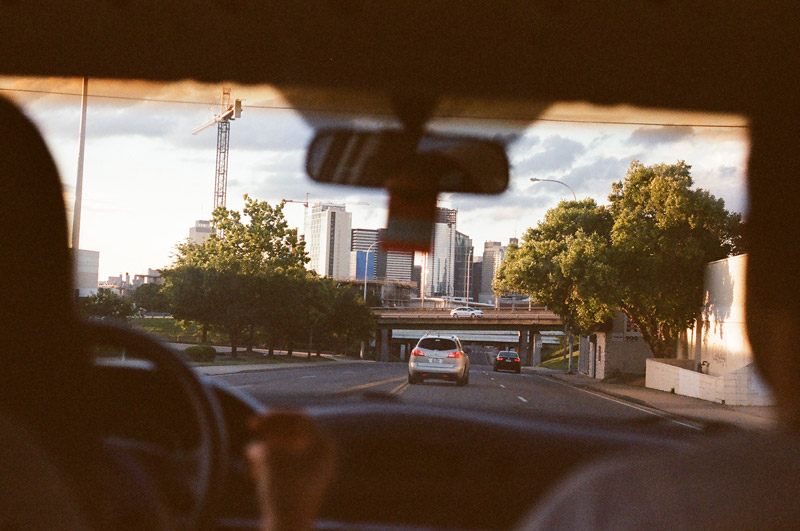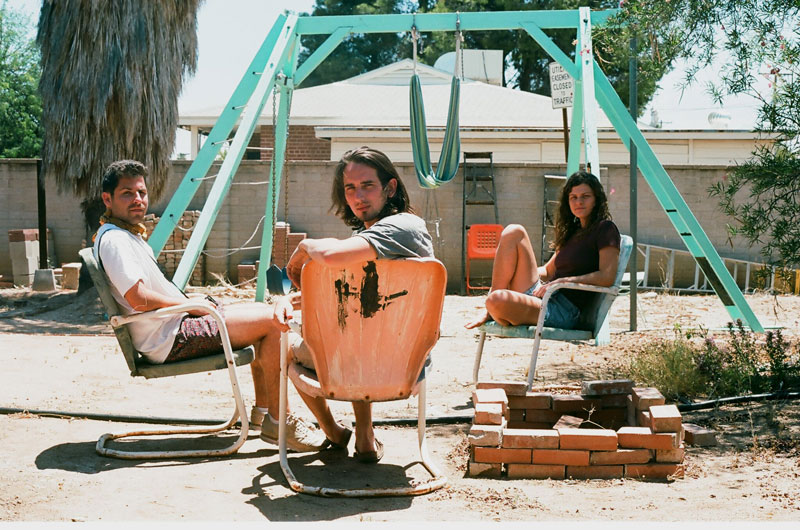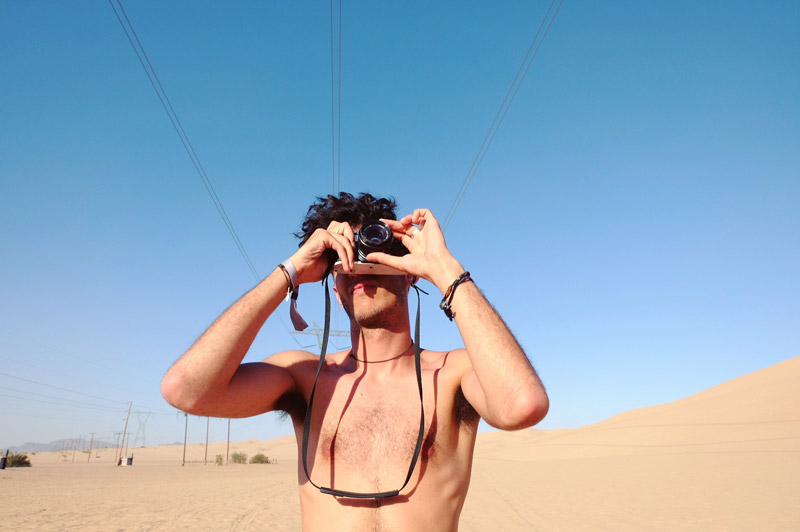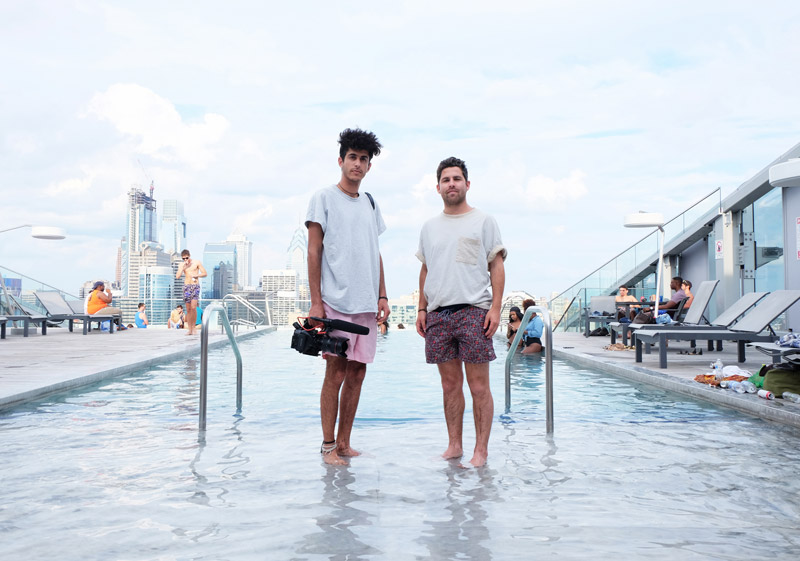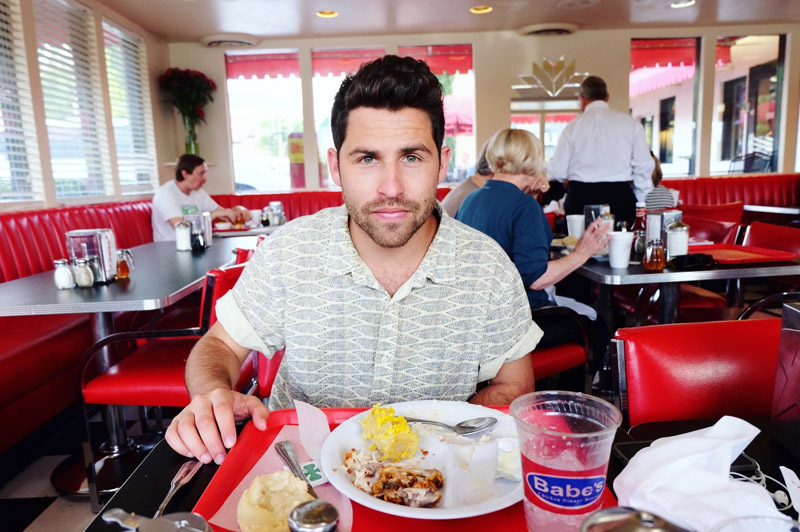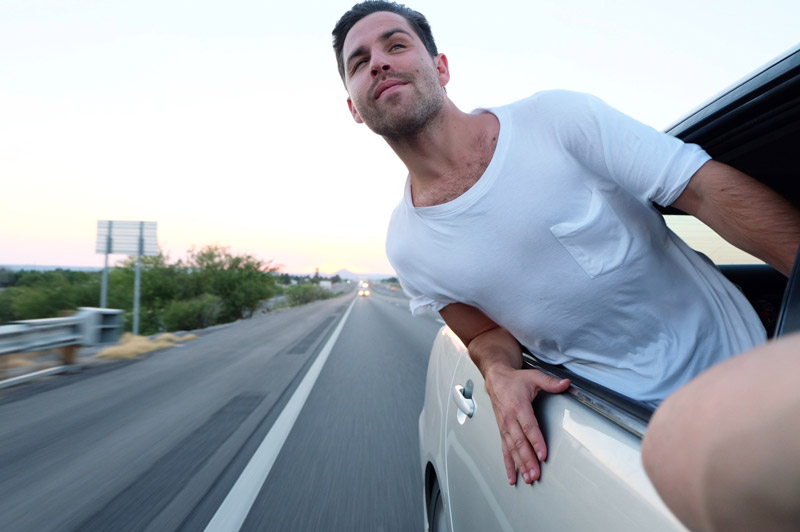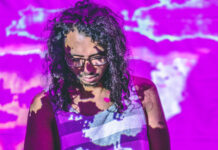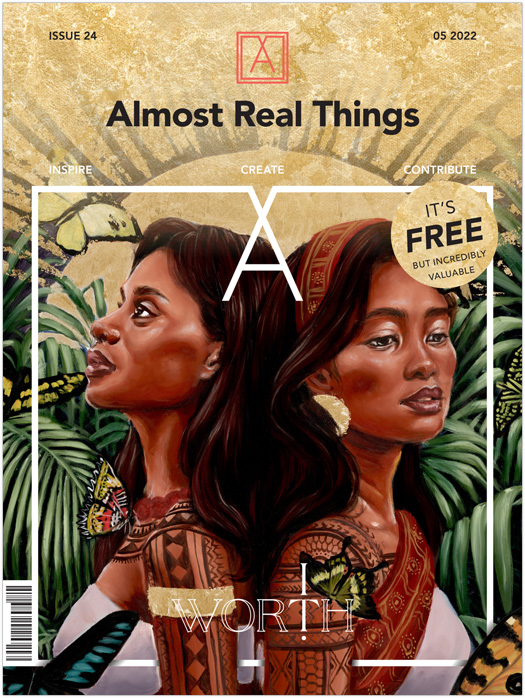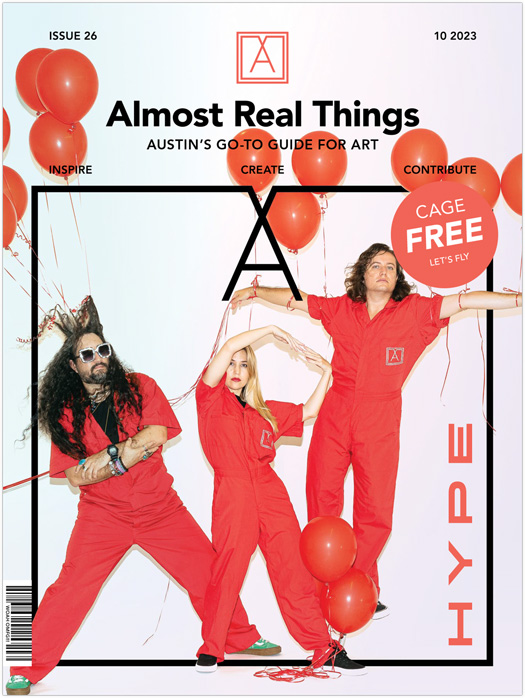We’ve all played 6-degrees of separation. How else would we know how close we are to Kevin Bacon? Ari Gootnick and Oliver Shahery took it one step further.
They hit the road to test the theory proven by a team of scientists from the University of Milan: that technology and social media have reduced the degrees of separation to four. Through their direct and indirect connections on social media, they hitched rides, couch-surfed and experienced how closely connected we all are.
“The jacuzzi conversation of our generation has always been about social media and its impact on our daily lives,”
My connection with Ari Gootnick began when leading a street team for the proclaimed Euphoria Music Festival featured in our earlier magazine. Upon hearing that Ari travelled across America with help from social media, I had to learn more. With the help of renowned filmmaker Oliver Shahery, he set out to see how social media impacts our society. They wanted to see how technology can initiate conversations that transfer to real life interactions. “The jacuzzi conversation of our generation has always been about social media and its impact on our daily lives,” shared Ari, “I believe it’s neither positive or negative—it depends how we use it.”
Ari Gootnick, a California native, moved to Austin to attend UT for communication. It was the first time he had been separated from his twin brother, but he quickly networked with classmates and was heavily influenced by Austin’s artistic style. Ari began experimenting with photography and thinking about entrepreneurial avenues. He was inspired by the tech boom and developed an innovative app called Toga. This app unified all of the University social events on one calendar, similar to what DO512 did for Austin. After selling Toga, he signed on to be the Marketing Coordinator for Euphoria Music Festival.
Ari’s education focused on millennial communication, and the barriers created by a generation of people spending more time on the internet and less time outdoors. Through his research, he found millennials increasingly struggled when speaking face to face, but had mastered using multiple social media outlets to connect with others. Apps like Match, Bumble, and Tinder show many millennials comfortably initiating conversations online though they wouldn’t dare walk up to a stranger at a bar. In Ari’s opinion, technology shouldn’t isolate us, but instead be used to build stronger relationships.
This summer, Ari decided to adventure across the U.S. with the help of strangers via social media. Oliver Shahery, a recent graduate from Boston University, accompanied Ari to record everything from CA to NY and condense it into a 30 min documentary. The two first posted about their idea on Twitter, Instagram and Facebook and were instantly overwhelmed by responses and help from friends. The first week was the most challenging, but Ari created a system of publishing content that updated everyone of his whereabouts and who drove him where. The adventure took them across deserts in the southwest to popular nightlife spots in Kentucky. Visiting new areas in this way also challenged their preconceived notions of the residents and culture there.
“as something extremely terrifying but really funny at the same time.”
Ari didn’t have any car issues on the trip but there were a few close calls. At times, his driver was simply not aware of the amount of gas left in the tank. On the El Paso to Austin, TX leg of the trip, this almost bit them in the ass. It was in the middle of the night and Ari noticed a small flickering light on the dashboard. Of course, they were out of gas and there weren’t any gas stations or rest stops in sight. “Our hearts dropped for a split second,” said Ari. Luckily, they did find a gas station but the experience threw them off guard. Without any gas, they would have had to spend the night in a scenery resembling the Texas Chainsaw Massacre. Ari reflects on the moment “as something extremely terrifying but really funny at the same time.” It was a trip filled with unexpected moments, but one worth taking to see how social media can go beyond our screens.


